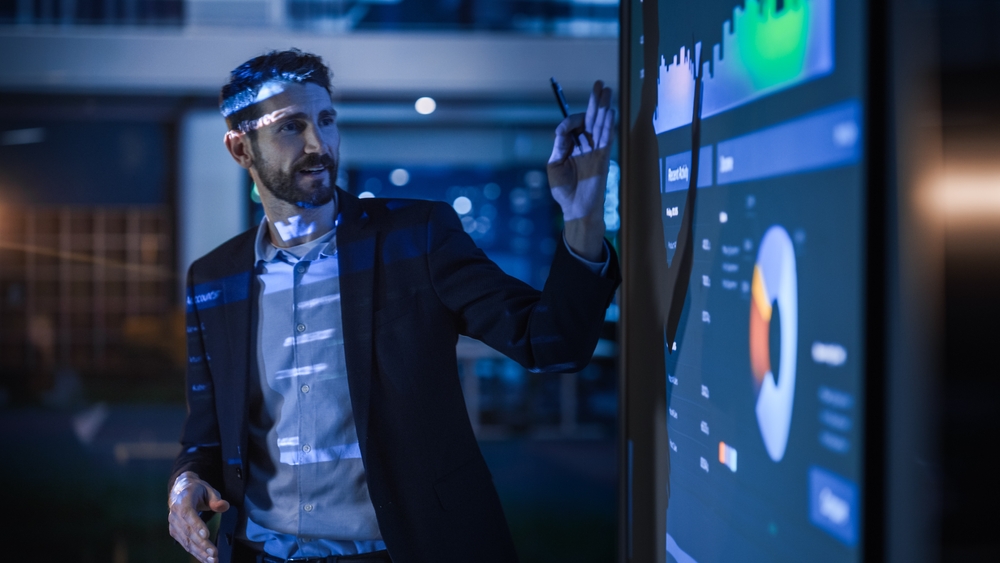Elon Musk Physics and Economics Degree
From one of the most famous people in the world, Elon Musk found himself present in people’s minds when they thought of Tesla, SpaceX, Neuralink, and many more names. So before thinking about rockets and cars, he was a student. He studied hard and earned two degrees. His education played a key role in his journey. In this blog, we will explore Elon Musk’s physics and economics degrees in detail.

Introduction to Musk’s Education
Elon Musk earned two degrees in college. One was in physics. The other was in economics. He got both from the University of Pennsylvania. The degrees came in 1997. These degrees gave him a strong base. They shaped his ideas and his path toward innovation.
Early Education Background
Born in 1971 in Pretoria, South Africa, Musk had an inquisitive disposition in his early life. He loved to read and learn. At an early age, he acquired computer programming skills by teaching himself. At twelve, he designed a video game called Blastar. It was his early passion for science and technology that stood as a foretaste of his future.
Upon finishing his South African high school, Musk looked forward to furthering his education abroad. He first went off to Canada. At Queen’s University located in Kingston, Ontario, he studied for two years. A choice came upon him: to move to another country-one would suspect America-where he moved.
Transfer to the University of Pennsylvania
Musk did choose to transfer to the University of Pennsylvania or UPenn for short. Since it is an Ivy League university in Philadelphia, it is widely regarded especially for both science and business. One of the reasons Musk went to UPenn is the fact that it represented the two things he wanted: science and economics.
At UPenn, Musk pursued coursework in both physics and economics. Physics gave him the perspective of natural laws. Economics gave him insight into money and markets. This particular combination of studies would prove powerful later on in his life.
Elon Musk’s Degrees
Musk holds a Bachelor of Arts in Physics and a Bachelor of Science in Economics from the Wharton School at the University of Pennsylvania; he finished the work for the degrees in 1995, the degrees themselves being formally conferred on May 19, 1997.
Why the delay? Initially, the UPenn had that kind of halting by official graduation. Upon later change of such rules, he was granted his degrees, so while leaving UPenn in 1995, the degrees were given two years later.
Why Physics?
Physics is about the laws of the universe. Musk often talks about using “first principles.” This means breaking problems into basics and then building solutions. Physics taught him this way of thinking. It made him logical. It helped him solve problems by looking at their core.
For example, when he wanted to make rockets cheaper, he did not accept industry costs. Instead, he broke down rocket parts and calculated material costs. This approach came from his physics mindset.
Why Economics?
Economics is about markets, trade, and money. Musk knew technology alone is not enough. To succeed, you must also understand business. Economics gave him this knowledge. It allowed him to make wise financial decisions.
When he co-founded PayPal, his economics knowledge helped him understand online money transfers. Later, with Tesla, it helped him navigate funding and pricing. Economics gave him the tools to build companies that were innovative yet sustainable.
Combining Physics and Economics
The mix of physics and economics made Musk unique. Physics taught him to solve problems. Economics taught him to build businesses. This combination set him apart from many entrepreneurs.
Most business leaders study only economics or finance. Most scientists focus only on research. Musk did both. That gave him the ability to create advanced technology and also sell it to the world.
Stanford and the Dropout Choice
In 1995, after completing his UPenn studies, Musk went to California. He was accepted into a PhD program in applied physics at Stanford University. But he stayed only two days. He dropped out.
Why? Musk saw the internet was growing fast. He felt the real opportunities were outside school. He wanted to start companies in the internet space. So, he left Stanford almost immediately. This bold choice shaped his future.
Starting Companies After College
Right after leaving Stanford, Musk started Zip2. It was a company that made online business directories and maps. Later, Compaq bought Zip2 for millions. This gave Musk his first big success.
He then co-founded X.com. It later became PayPal. PayPal changed online payments. eBay bought it for $1.5 billion. Musk’s mix of physics logic and economics sense helped him succeed.
Link Between Education and Career
Musk’s physics degree helped him at SpaceX. Rockets and spacecraft need deep knowledge of physics. He could lead engineers because he understood their language.
His economics degree helped at Tesla. Making electric cars is not just about building them. It is also about making them affordable. Economics helped him think about costs, pricing, and markets.
Together, these degrees gave him an edge. They built the foundation for his bold ideas.
Why the Degrees Still Matter
Some people think degrees do not matter if you are talented. But Musk’s story shows education is important. His degrees gave him tools. They gave him methods to think and act. He might have succeeded without them, but with them he was stronger.
Even today, Musk refers to lessons from his studies. He often talks about physics first principles. He also speaks about market dynamics. Both ideas trace back to his time at UPenn.
Lessons for Students
Musk’s journey teaches us many lessons. Choose subjects that interest you. Physics and economics may seem far apart, but together they gave Musk an advantage. Follow your curiosity. Learn deeply. Use your education to solve real problems.
Another lesson is about timing. Musk left Stanford because he saw a chance. He took a risk. Education is important, but so is action. You must know when to study and when to act.
Conclusion
Elon Musk earned two degrees in 1997. One was physics. The other was economics. He got both from the University of Pennsylvania. These degrees gave him strong tools. They shaped his thinking. The group helped him make space for SpaceX, Tesla, and PayPal.
The Musk story is all about science and commerce coming together. Education mattered. Training mattered. Together, they provided the chisel with which one of the greatest innovators of our time began carving his way into being.




